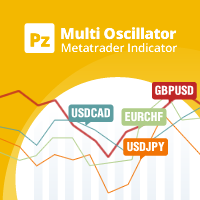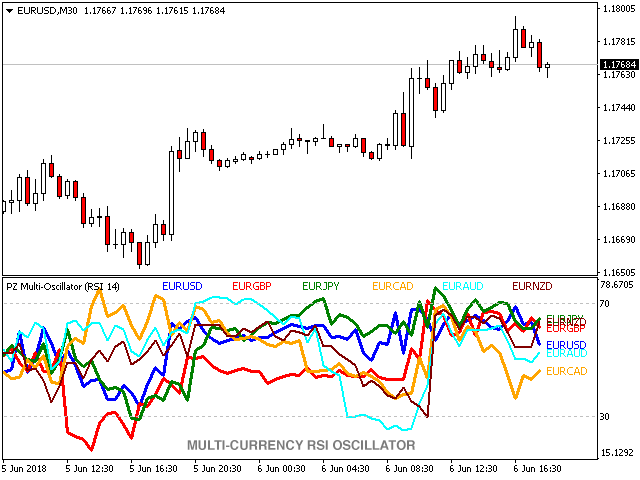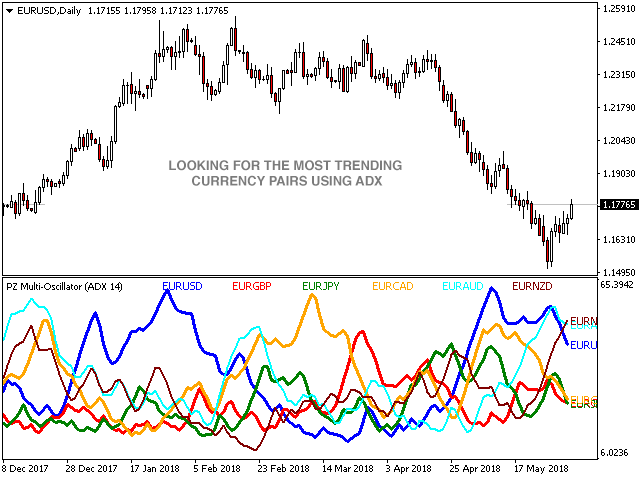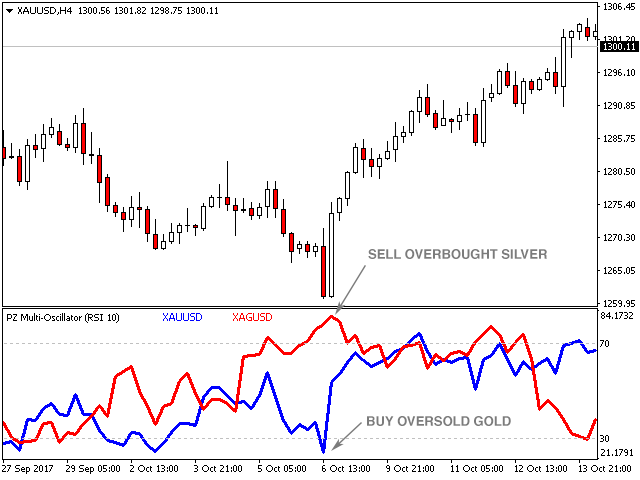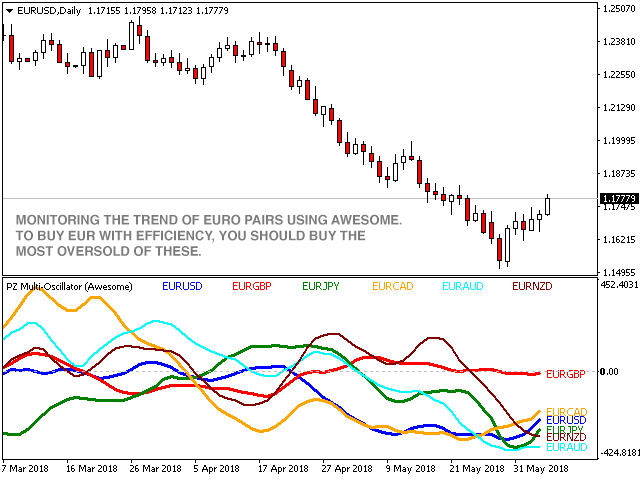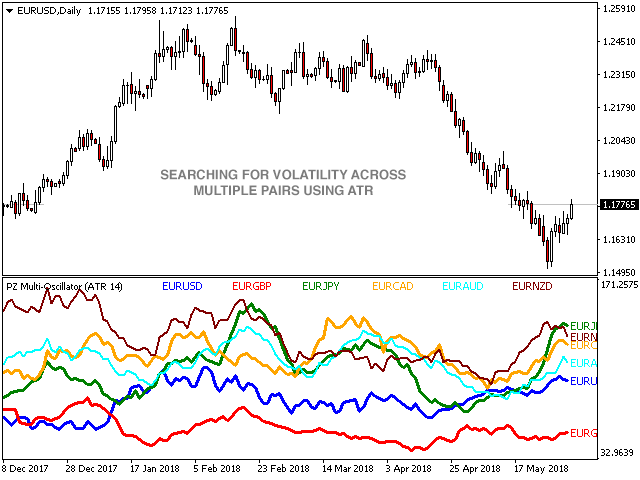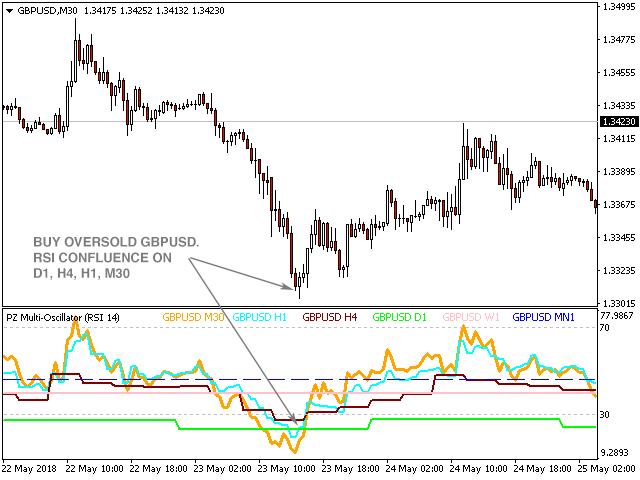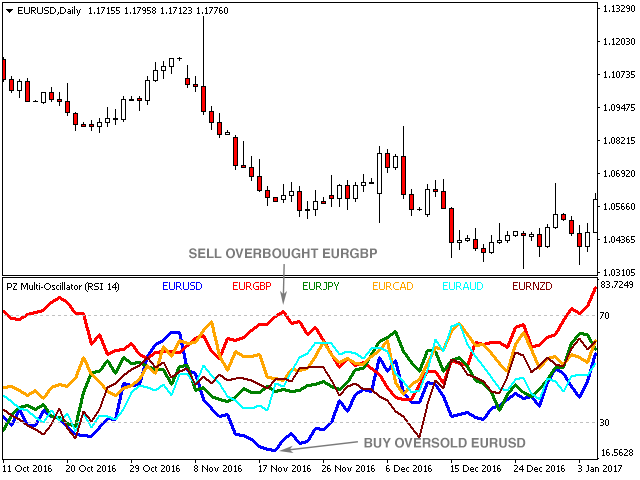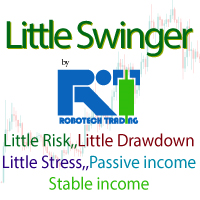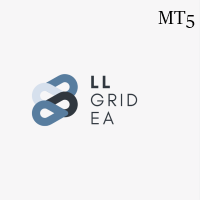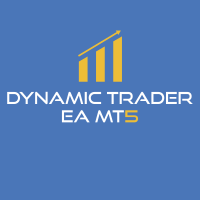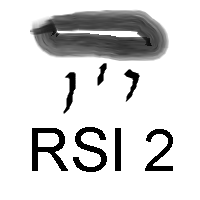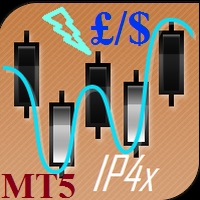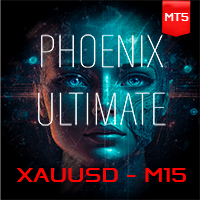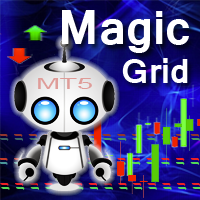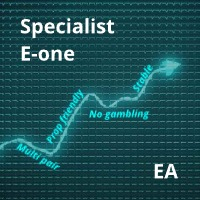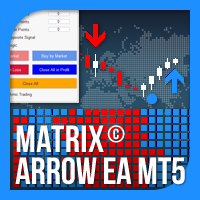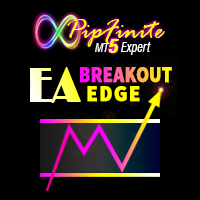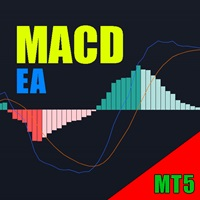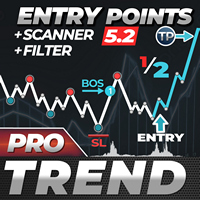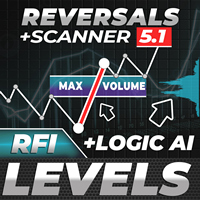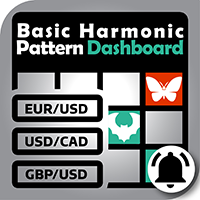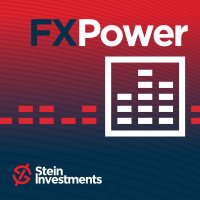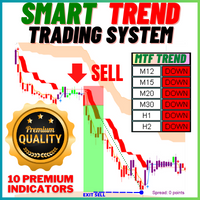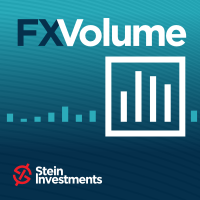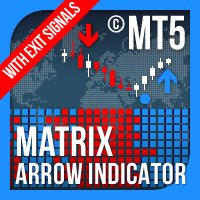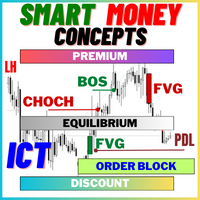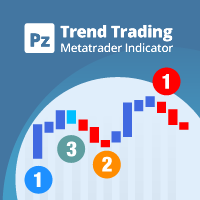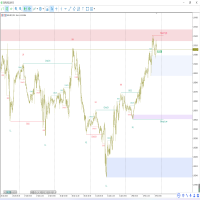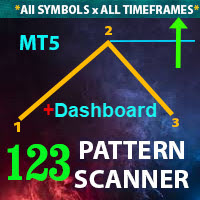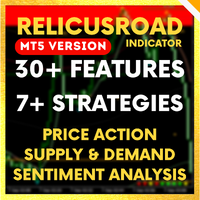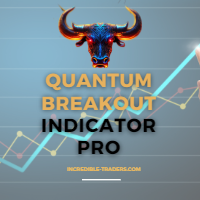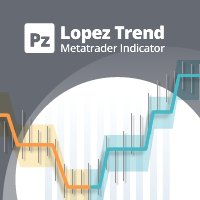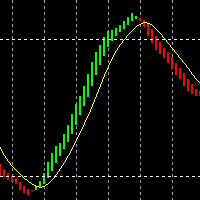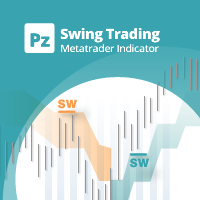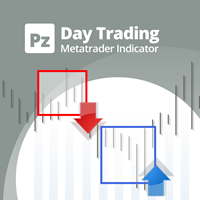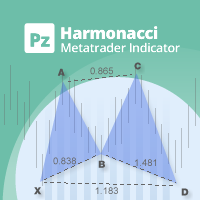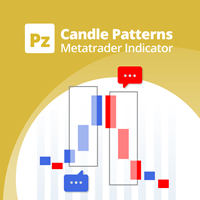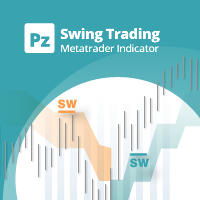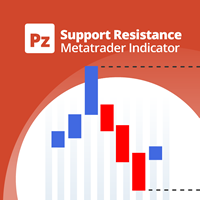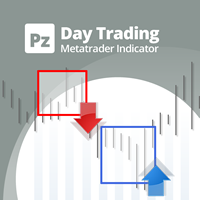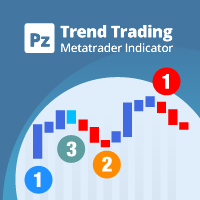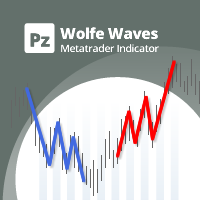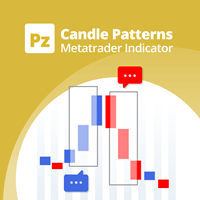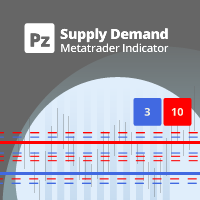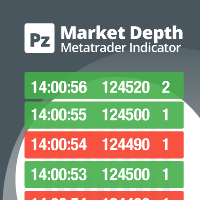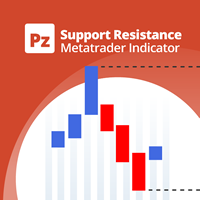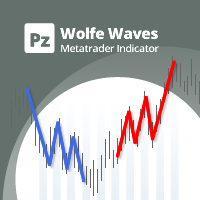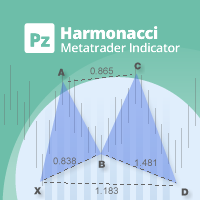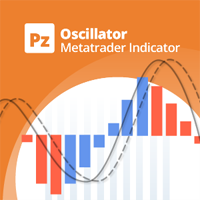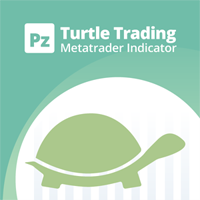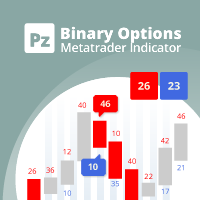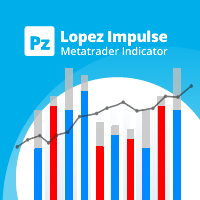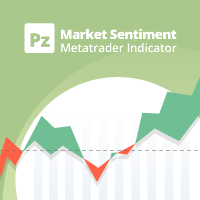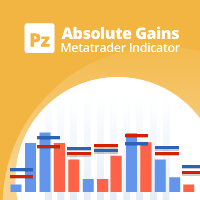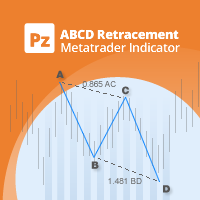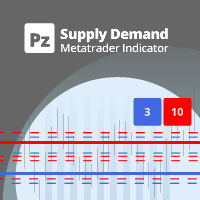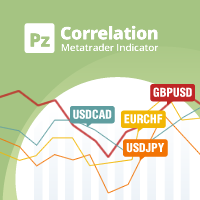PZ Multi Oscillator MT5
- Indicators
- PZ TRADING SLU
- Version: 4.0
- Updated: 18 May 2021
- Activations: 20
Leverage multi-currency insights for effective statistical arbitrage
The Multi-Oscillator is the ultimate swiss army knife for multi-currency and multi-timeframe trading. It plots your desired oscillator for many currency pairs and/or timeframes in a single chart. It can be used to trade statistical arbitrage, as a market screening tool or as a refined multi-timeframe indicator.
[ Installation Guide | Update Guide | Troubleshooting | FAQ | All Products ]
- Easy interpretation and configuration
- Supports 16 well-known indicators
- It can display up to 12 currency pairs in the chart
- It can also display several timeframes of a single instrument
- Symbols and timeframes are customizable in inputs
- Customizable oscillator indicator settings
- Customizable colors and sizes
To offer a broad market perspective, the indicator can be loaded many times in the same chart using different oscillators, without interference. The indicator supports the following oscillators:
- RSI
- CCI
- ADX
- ATR
- MACD
- OSMA
- DeMarker
- Stochastic
- Momentum
- Force Index
- Money Flow Index
- On Balance Volume
- Awesome Oscillator
- Relative Vigor Index
- Accelerator Oscillator
- Williams Percent Range
- Rate of change
This indicator offers unparalleled potential because each buffer can plot your desired combination of oscillator, symbol and timeframe, unrelated to other buffers or the local timeframe of the chart. You can create a chart template for each one of your multi-currency and multi-timeframe strategies, regardless its apparent complexity.
The following screenshots illustrate the basics of the indicator as well as some example usage cases, from finding the most interesting currency pairs from a set, to trading statistical arbitrage and market screening examples.
Settings
When loading the indicator to any chart, you will be presented with a set of options as input parameters. Don't despair if you think they are too many, because parameters are grouped into self-explanatory blocks. This is what each block of parameters does.
- Indicator Settings - Choose the oscillator to display and the amount of bars to evaluate when the indicator loads in the chart. Evaluating less bars on loading means the indicator will load faster.
- Symbol Settings - Type the symbols you want to display on each indicator buffer, as offered by your broker in your Metatrader terminal. You have to type at least one symbol and a maximum of 12. Leave blank those buffers you don't want to use. Most of the time you will be setting a different symbol for each buffer, unless you want to track a single indicator across all timeframes in the same symbol, in which case you'll have to type the same symbol in all the buffers.
- Timeframe Settings -Choose the timeframe of each buffer. If you want the oscillator to change with the timeframe of the chart, then leave the default value of current. On the other hand, if you want to display a fixed timeframe regardless the local timeframe of the chart, you should select it.
- Input settings - Desired indicator settings for all the oscillators involved.
- RSI period
- CCI period
- ADX period
- ATR period
- MACD period
- OSMA period
- DeMarker period
- Stochastic period
- Momentum period
- Force Index period
- Money Flow Index period
- On Balance Volume period
- Awesome Oscillator period
- Relative Vigor Index period
- Accelerator Oscillator
- Williams Percent Range
- ROC Period
- Drawing Settings - Choose colors and line sizes of the divergences.
Author
Arturo López Pérez, private investor and speculator, software engineer and founder of Point Zero Trading Solutions.
